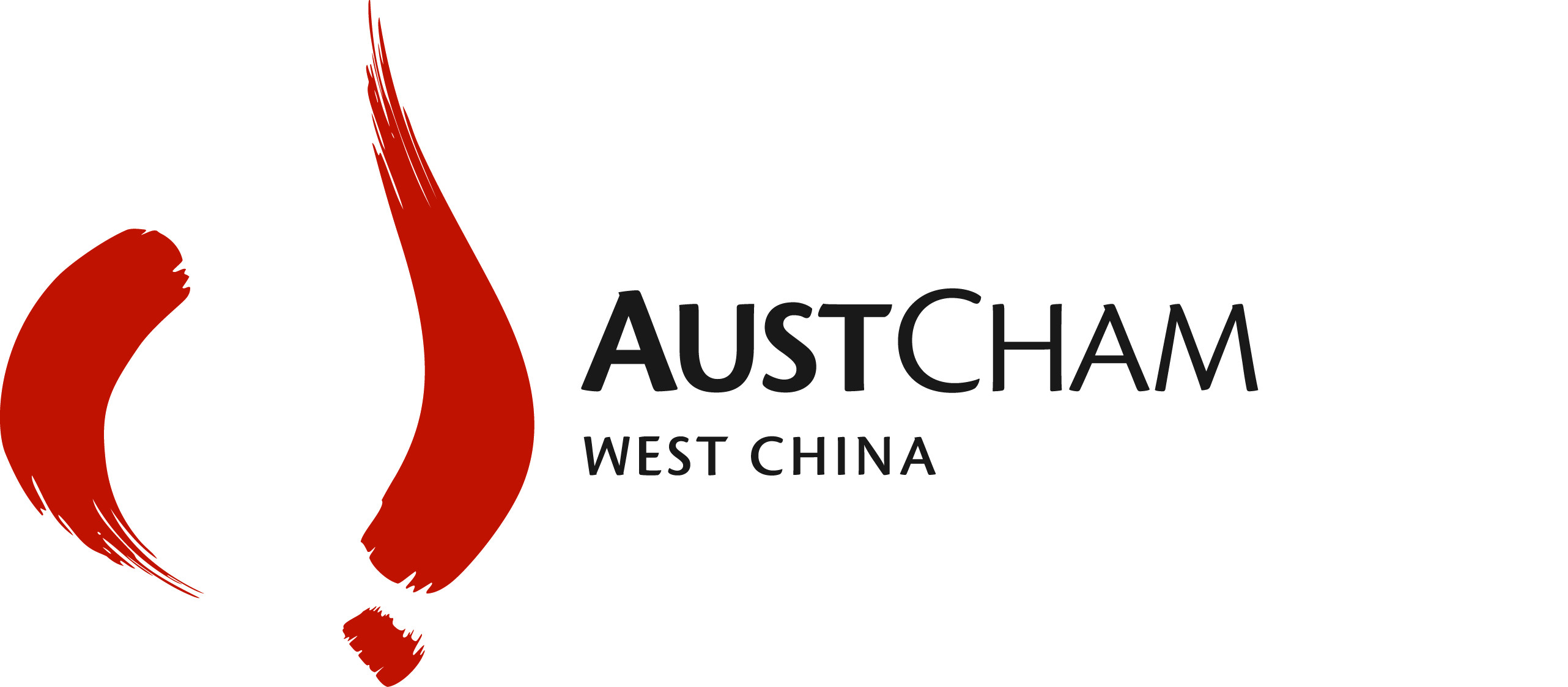07-12-15
Fonterra to build cheese factory in Victoria
Fonterra will invest $120 million into a state of the art cheese factory in Stanhope, Victoria. The new plant will see an increase in production from 15,000 million tonnes to 45,000 million tonnes. The plant shows Fonterra’s commitment to growing dairy particularly in Northern Victoria, where it has been backed by the Victorians governments Regional Jobs and Infrastructure Fund. Click here for full article.
Late rains for Australia, not much help for the wheat and barley
Late rains have lowered predicted estimates of winter crops. Wheat estimates have been lowered by 1.30 m tonnes to 23.98 tonnes, with similar decrease in estimate from barley crops. This has been attributed to El Nino conditions leading to a rather dry season, however overall estimates for year on year have increased slightly. The winter crops of cotton and sorghum have been given good news as good soil moisture has led expectations of increased output. Click here for full article.
World’s largest cloning centre set for China 2016
After a $500m investment the world’s largest cloning facility will be completed, containing the ability to produce a million cattle embryos a year as well as a research laboratory, gene bank and a museum. The centre being built by Boyalife Group, a Chinese biotechnology company, and Sooam Biotech a South Korean company has drawn varied opinions in China. From the location in Tianjin and the recent factory explosion, to the furore over the melanin tainted baby formula leading to suspicion. Farm animal breeding is limited in the USA, whilst the European Union has banned the practice, in China it may provide some relief as domestic consumption is heavily reliant on imports. Click here for full article.
Sheep export quota filled again.
Australia has filled its lamb and mutton export quota to Europe again before the years end. Australia filled its quota of about 20,000 tonne carcase weight, which no other country has for the last three years. However, Australia remains locked out with only access to 6.7% of Europe’s import quota, a comparably low rate to New Zealand which can export over 200,000 tonnes of lamb and mutton to the EU. Click here for full article.
Enjoy your last cup of coffee
Arabica beans which constitute 70% of world coffee bean production is in threat due to global climate change. The Arabica been requires rather delicate climatic conditions and a slow constant rain fall. Given increasingly erratic weather conditions, experts predict have the current land suitable for farming the Arabica bean dropping by as much as 50% by 2050. Opening new land to bean growing will encroach on rainforest environments, exacerbating the problem. Click here for full article.

